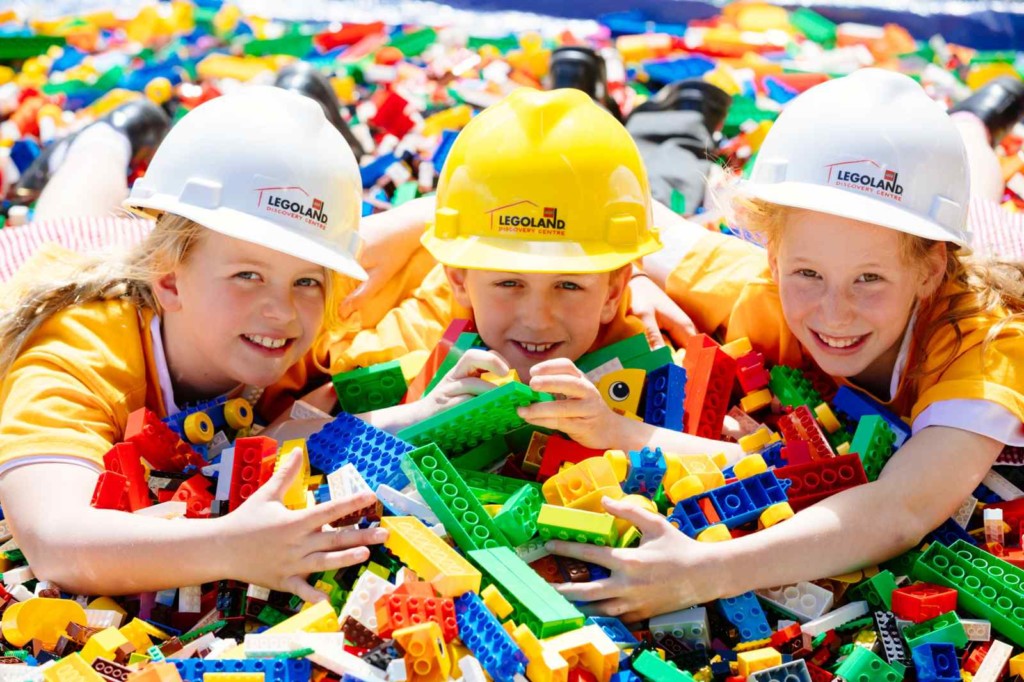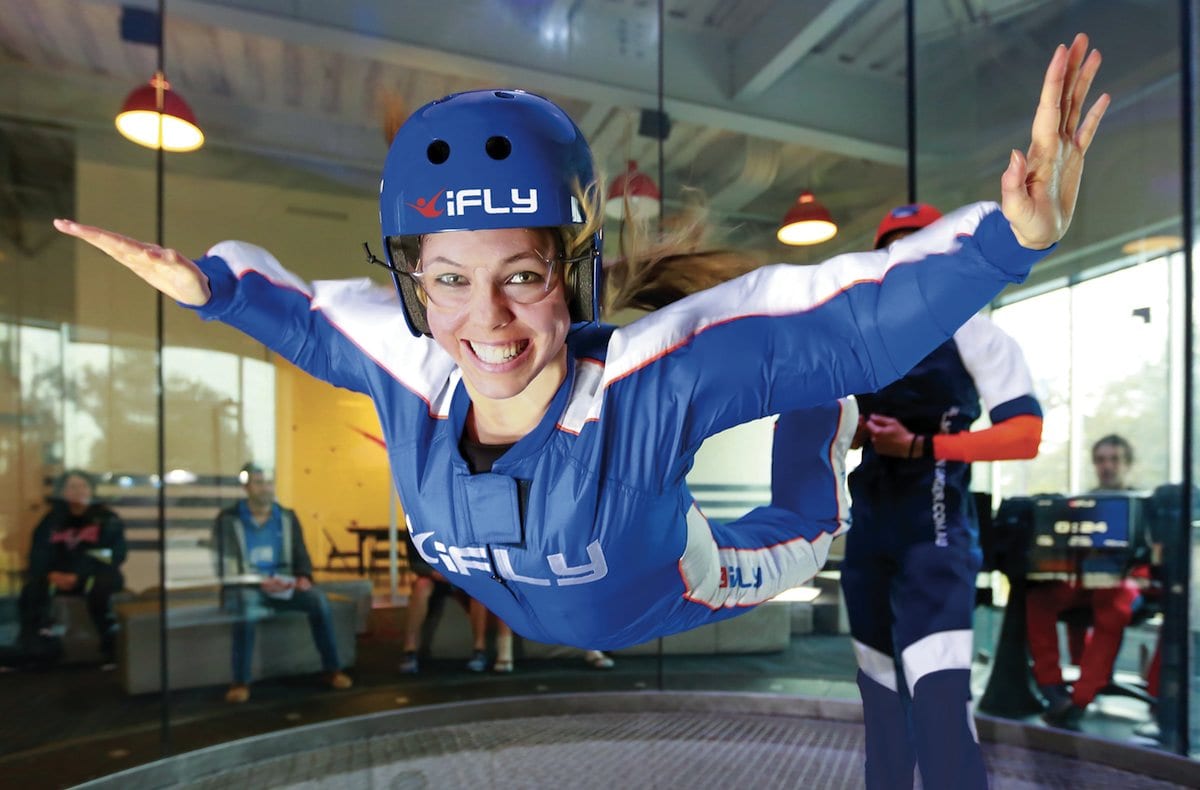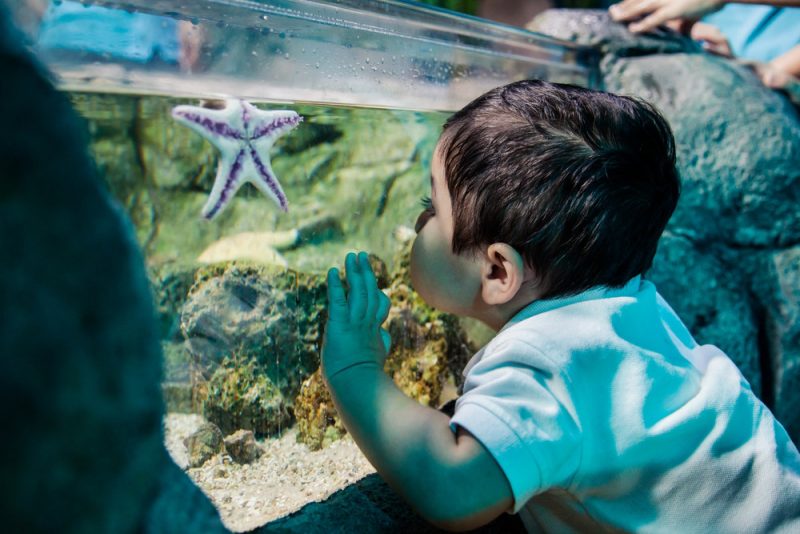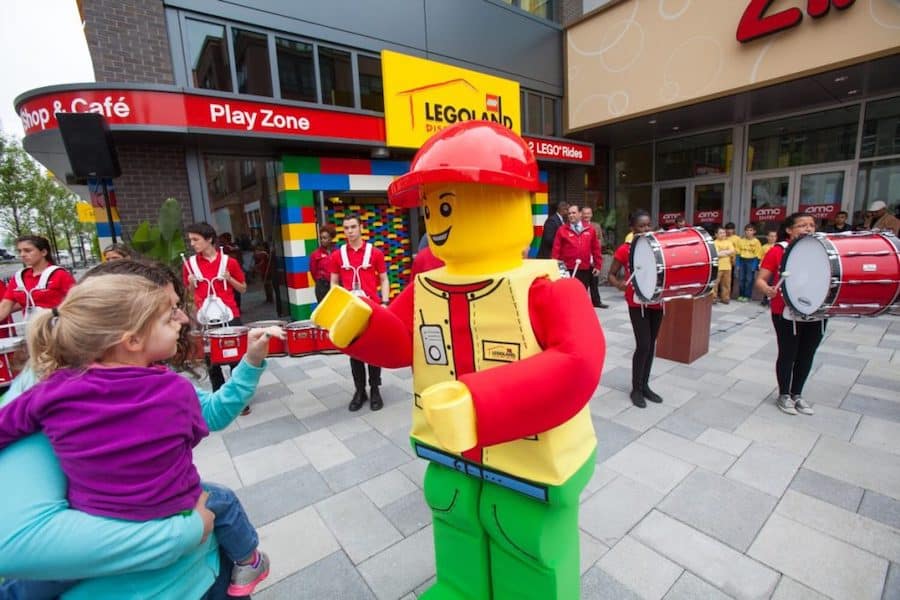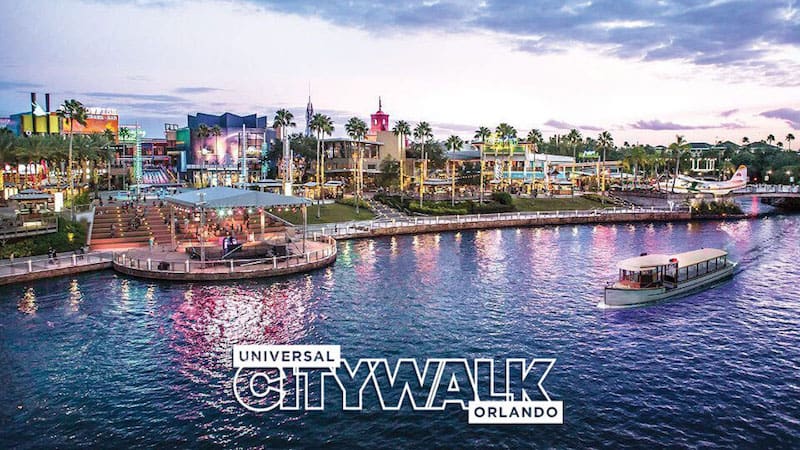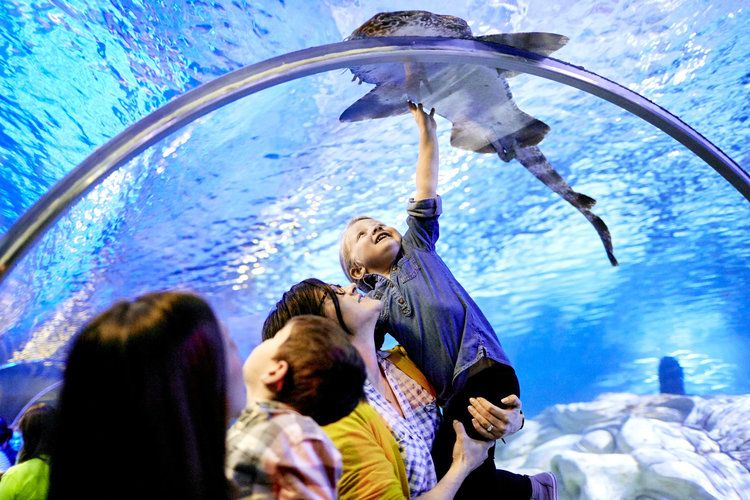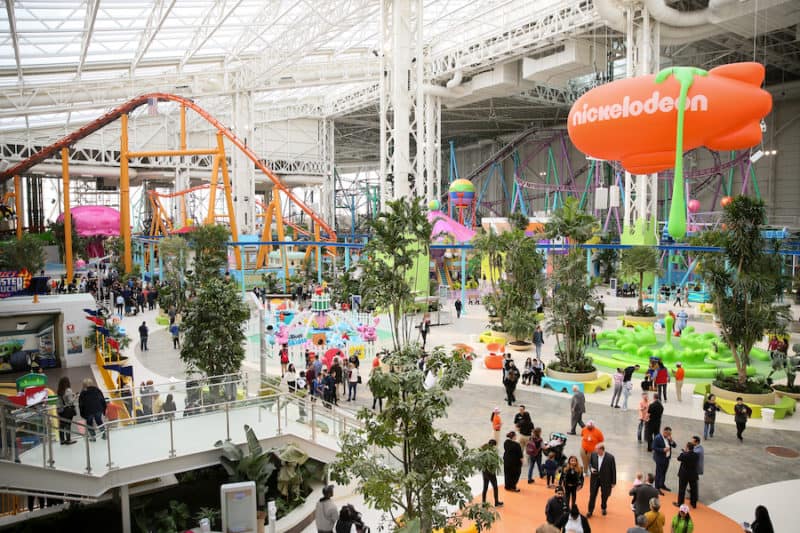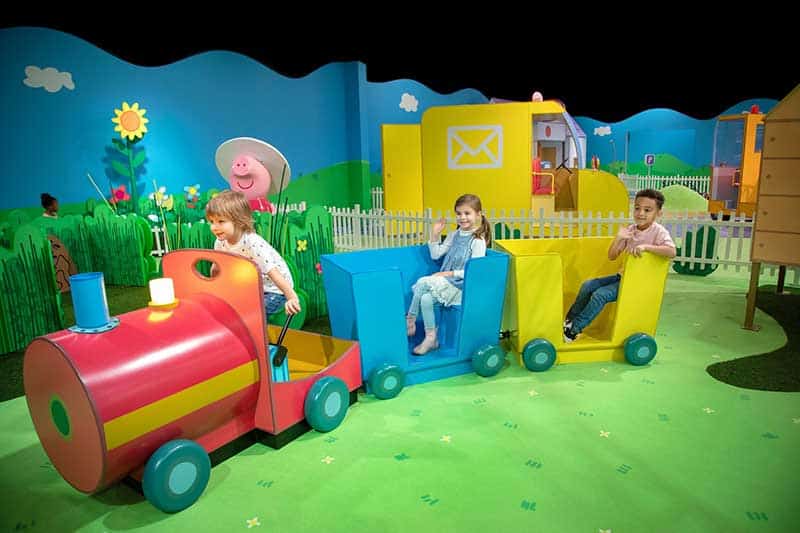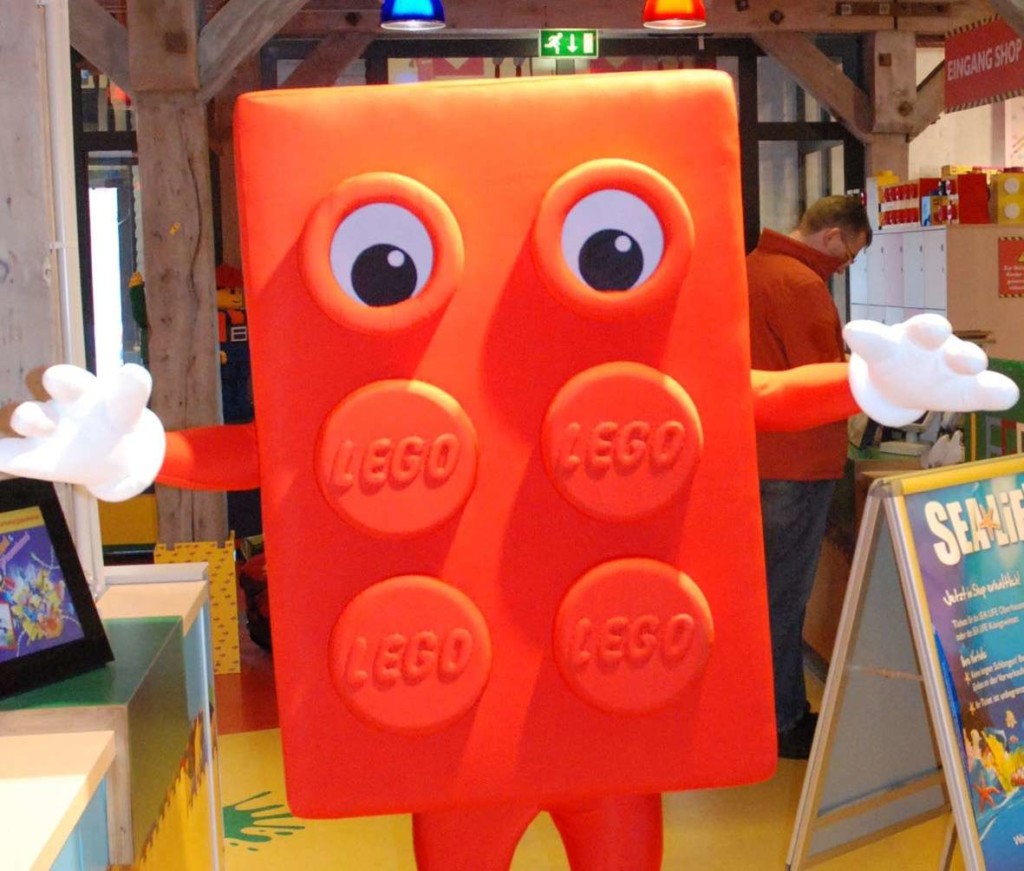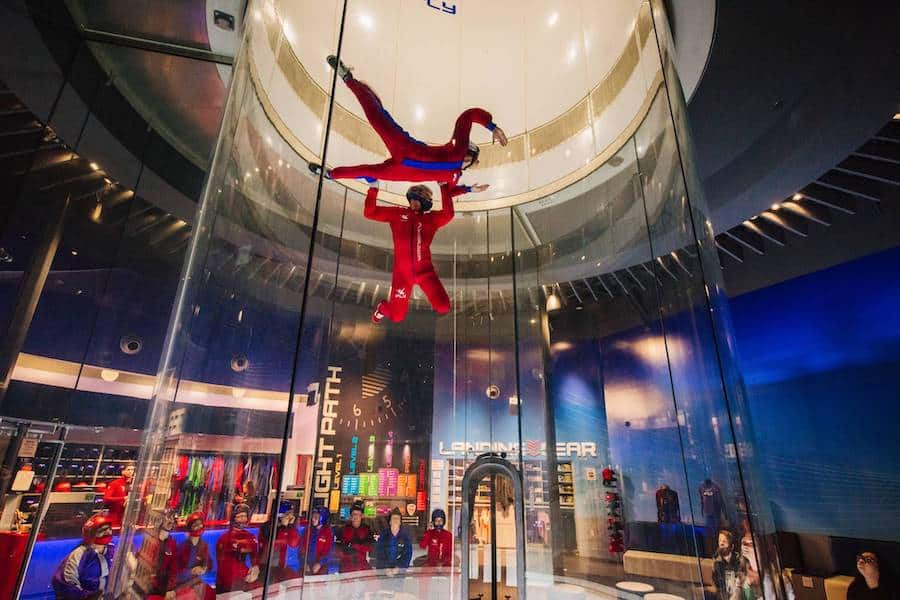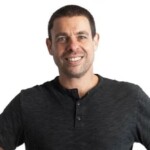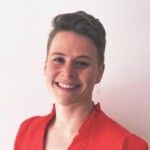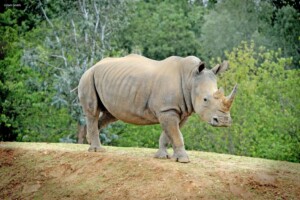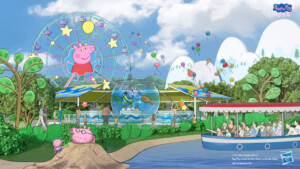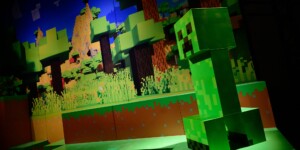Howard J. Samuels, who has nearly thirty years of experience in the real estate industry, founded Samuels & Company, Inc in 1998. This boutique real estate company specialises in providing Advisory/Consulting, Brokerage, and Development Services for retail and entertainment projects.
Samuels serves as the exclusive representative for Merlin Entertainments PLC, responsible for site selection/ acquisitions and asset management in North America. Samuels & Company, Inc. is also the Advisor to iFLY/Indoor Skydiving in their national expansion programme; as well as Advisors/Brokers to Universal CityWalk in their re-leasing and redevelopment efforts.
Samuels also led his company’s Advisory/Brokerage Services to AEG in their development of LA LIVE.
Last year, he spoke on the Retailtainment Trends panel along with Nicole Srock.Stanley, CEO/Founder of the dan pearlman Group; Claude Coudry, President of Oasis Surf; and Eddie Kemsley, CEO of Dreamland, at blooloop V-Expo 2020.
Now, he shares insights into the LBE sector and its challenges, including the pandemic, and the formulae for success.
Samuels & Company
“Our company does real estate advisory brokerage and development services with a primary focus in predominantly retail environments, with an emphasis on location-based entertainment,” he explains:
“LBE is something we’ve been focused on for over 20 years.”
The company started out representing House of Blues, an American chain of live music concert halls and restaurants founded by Isaac Tigrett, the co-founder of Hard Rock Cafe, and Dan Aykroyd, co-star of the 1980 film The Blues Brothers, in their real estate site search and real estate needs:
“We matriculated from there to representing the Tussauds group in Los Angeles, and then ultimately in Washington DC.”

Through that association, Samuels became acquainted with Merlin Entertainments:
“At Samuels & Company, we’re fortunate and privileged to have been representing Merlin for 14 years now, on their site search and asset management in North America.
“Merlin are terrific. They are, in my mind, unequalled in the world on understanding location-based entertainment. Primarily because LBE is very hard to design, build, and operate over time on a profitable basis. There are a lot of people in the industry that don’t understand the fundamental business model of location-based entertainment.
“There needs to be a clear understanding of what a proper or realistic attendance is, dollar per head or per capita revenue, gross revenue and EBITDA on an annual basis over time.”
The challenges of LBE
“The principal challenge of location-based entertainment, usually by the third or fifth year, is the tired-of-the-toy syndrome. Everyone has done it once or twice and has gone to birthday parties,” says Samuels.
“The business model has to include reasonably significant new CAPEX in year three or year five to keep it current. This keeps repeat business and maintains a volume of attendance, revenue, and EBITDA. Most people, unfortunately, will build stuff, throw it together and try to sell it. Then somebody has to try to rework it later.”
Merlin Entertainments’ winning formula
Samuels says: “When I meet people who want to design new concepts, they’ll say, ‘Who’s the best?’
“There isn’t anybody that’s as well-established and has run location-based entertainment over 20, 25 years as consistently and as profitably as Merlin Entertainment. Primarily, they have dedicated proper resources, in terms of management, leadership, capital, financing. They understand the inherent challenges. And their whole company is structured to do it right for location-based entertainment.”
“Additionally, they have a unique platform between Legoland theme parks, theme parks in Europe, and the Midways. These are more geared to location-based entertainment, which is primarily what we do in the United States. We have done around 35 transactions for Merlin Midway group in the United States. This includes Legoland Discovery Center, SeaLife, Madame Tussaud’s, Dungeons and Peppa Pig World of Play.”
Samuels & Company also represents Andretti Indoor Karting and Games:
“It is about 80 to 90,000 square feet of go-karting, bowling, dining, and games; like a Dave & Buster’s on steroids. We also represent the RSG group, formerly One-Up Fitness, which bought Gold’s gym. We’ve helped them with five locations from a large format of 80,000 feet through a mid-sized format of 35,000 feet to a smaller format of 25,000 feet with a digital platform.
The future of location-based entertainment is probably to have digital platforms as well as locations that you can go visit. So you can also experience it at home.
Our whole focus is location-based entertainment and restaurants, which are a speciality.”
LBE and COVID-19
The COVID pandemic has been the largest challenge that the sector has faced. He says:
“I think it’s a problem that we’re going to face for the next year or two. With proper social distancing and protocols, which are necessary to instil confidence in consumers, operation has been at around 40 to 50%, with some at 60 or 70%; there is a big champagne effect after suppression and quarantine.
“The point is if your revenue is off 30 to 40%, and your labour costs are higher for cleaning and disinfecting, your margins and profits will be much less. If you don’t have financial stability and long-term capital, you will be under a great deal of pressure.”
“And when you open and close repeatedly as we negotiate the various spikes for living with COVID, I think that the location-based entertainment industry, along with the rest of society, needs to focus on what living with COVID means in terms of all the social and economic implications; wearing a mask, proper distancing, trying to be outside, to make it through the next two, three years.
“Though I’m a real estate person, the digital space as it relates to location-based entertainment, to me, is very important. What I think will happen is people will go to these LBE attractions. But they won’t go as frequently, and they will be shorter visits.”
Samuels & Company and the importance of digital
Any shortfall could be made up, Samuels says, where there is a digital option that extends the offer:
“It means you have a takeaway; a means of interacting with customers in their home between visits, in addition to those visits, in effect like a peloton application for going to a Legoland, or for going to the health club, where you can work out at home with your own digital proprietary products.”
For example, the RSG group has its own proprietary workout videos:
“Someone can come and work out maybe once a week or once every two weeks at the gym, while also working out every day at home with their digital platform.”
“A child can go to a Legoland Discovery Centre for a party or experience, then they can play with a model maker at home. Merlin started bringing in expert model makers at Easter 2020. Children could follow along online as they built a replica of The London Eye, for example, and follow their tips. For aquariums, there are a lot of play things they can do. That is, in addition, to live feeds and fun facts and learning with the oceanographers.
“I think digital platforms are going to be important, even for Disney or Universal. Post-COVID, communicating with your customers will be more important than ever.”
Keeping audiences engaged
International travel will, he predicts, be difficult for the next 24 months:
“Longer drive time increases tourism. Some parts of the US, the East Coast, the Carolinas, Ohio, and the Midwest are similar to Germany, in that every two hours or so there will be a big town or population centre. In Orlando right now, 90% of customers are drive time, as opposed to international.”
“It means digital reach is becoming increasingly important. Somebody drove for eight hours, stays for two or three days, and leaves. Can you keep in touch with them? Ideally, you will interact with them on a digital platform that then becomes a revenue producer. Maybe three months of interaction, and then it’s $4.99, or it’s like Disney Streaming, where it’s live-streaming events for a subscription amount, so it becomes a revenue source.”
COVID changes habits
Concerning the long-term changes that are the result of the pandemic, Samuels predicts:
“Once the vaccines and treatments put COVID in the past, short memories will mean a lot of people will go back to the way we did things previously. However, I do believe there will be a number of lasting changes. Home entertainment, home employment and home communication, with 5G coming in a big way, and the easy appeal of buying online.”
“Generally, the long-term implication will be more the in-home experience and how an out of home experience can be complemented by it.
“My instinct is that in the long-term, it’s going to be more difficult for the lower CAPEX, the little kids’ clubs or simple little attractions. Those will find it tough to make the business model work until there is a total return to normal because they’ll flounder as long-term business models. They’re going to be very challenged.”
IP is key says Samuels & Company
Intellectual property, Samuels predicts, will be more important in the wake of the global crisis than ever.
“Merlin, for instance, has a fantastic array of intellectual property and uniqueness. Lego, the SeaLife brand, the celebrity aspect of Madame Tussaud’s, Peppa Pig,” he says. “Taking brands and making them into effective location-based Midway experiences is something Merlin does better than anybody.”
“Disney and Universal are so large and on such a big scale that for them a smaller experience, a smaller EBITDA, doesn’t turn the dial. It doesn’t make sense for them to devote time and energy to them. So it’s better for them to partner with Merlin, which is the best for any brand wanting to get to a marketplace.”
Looking ahead
Talking about how quickly the sector could move forward after COVID, Samuels says:
“If you look historically at the Spanish flu in 1918, it is remarkable how quickly society recovered. 50 million people died in 1918, 19, 20. But then came the roaring twenties with people dancing and partying, seeming to have forgotten about the Spanish flu. Long-term, will we move on, too? Probably. “
“In terms of LBE, my sense in the short term and medium term is that you embrace where you are today, learn from it, try to be as good as you can be, worry about the long-term implications when they happen, and adjust as best you can.”
He highlights an element shared by the brands that Samuels & Company represents:
“One of the real attractions about Merlin, RSG Group, Andretti, and the other companies we work with is they’re nimble. They are entrepreneurial, they embrace their humble beginnings. And they have the capital to keep growing. That is one of the secret formulas for location-based entertainment. You don’t want to get so big and corporate that you can’t adjust as the future evolves.”
An interest in retailtainment
Samuels earned his BA in Political Science and Economics from the University of California, and his MA in Public Administration with an emphasis in Public Finance from the University of Southern California. He also studied Economics and International Finance at the University of Hong Kong in Urban.
Throughout his time as an undergraduate and graduate, and while living abroad, he became interested in economic and real estate development. Previous to setting up Samuels & Company, this led initially to a career in conventional real estate. He explains:
“In the 80s and 90s, I watched how the trends of retail mixed-use in real estate environments were evolving. We had off-price retail in the United States, and we had outlet retail. In the late nineties, we started having entertainment retail, edutainment. That’s when we met House of Blues.”
Watching the evolution, Samuels was reminded of the marketplaces, bazaars and souks of previous centuries. Places that combined shopping and entertainment:
“I started getting interested in what constitutes entertainment and overall physical experiences, and then I focused on, ‘Well, who can make money doing this, and who really knows and understands the fundamentals of this?’
“I love social interaction, and I love watching and being a student of commercial real estate. That’s how my career evolved.”
Understanding LBE
His knowledge and experience were different from that of most brokers or advisors. This is because his team was concerned with development experience, says Samuels:
“Location-based entertainment isn’t only a matter of finding a location. You have to understand the costs, the visitation, the revenue, the EBITDA. You have to understand how the process works. Some locations, and they could be the greatest location in the world, will never work.”
“Most people don’t understand footfall, don’t understand the overall economic structure, and why location-based entertainment can’t pay big rents because they’re sunk in cost, and they have to reinvest every three to five years. The real estate has to be reasonable to the revenues they can generate on a long-term basis.
“Most location-based entertainment attractions will do 300,000 or 200,000 visitors per year. You have to be realistic. You have to understand the business model, the physical needs and real estate opportunities and constraints. The challenge today, and in the future, is that physical real estate is usually fixed and set. Plus it’s very expensive.”
The need for creativity
Attractions, he says, need to be creative and flexible, morphing into different things:
“’All the world’s a stage, and all the men and women merely players,’ Shakespeare said. So how do you create a stage without overspending? You have to establish how to create a proper, economical stage, and then allow attractions to be the actors on the stage in a meaningful way that can change every year or two or three, that can be relevant, be current, be different, so that people want to go back, want to go to a party or an event.”
Corporate events
In the United States particularly, corporate events have been moving to the foreground of the business landscape.
“Samuels & Company represents iFLY in 40 locations, and Andretti, which is next to a Topgolf,” Samuels says. “20 to25% of their revenue pre-COVID was corporate events. Corporate events are great revenue streams. They are also great ways to build team morale and camaraderie.”
Post-COVID, he envisages there will be difficulties:
“They will be smaller groups, smaller parties, smaller revenues. In the short term, they will probably end up being a little more expensive. A bigger premium dollar will be charged to smaller groups; some may be replaced with Zoom events.”
“Corporate events and special events are very difficult post-COVID. However, I think people will figure out how to do some of them. Convention centres are another problem, but the way to make the model work is to have a conference with maybe 3000 attendees. Maybe a thousand in-person, and 2000 by Zoom. There are ways to get a model to work.
“It’s going to take creativity to do that, but it can be done. Then the long-term will be how people can participate in larger audiences as far as reach is concerned. So, if there is a conference in Manchester, could you get people further away to take part by Zoom versus having to come physically?
“I think everyone has to always challenge themselves every day to understand where we are and where we’re headed.”
COVID drives innovation
The pandemic has, he says, driven innovation:
“It has forced innovation to speed up, and uniquely at a time where technology is available, albeit not readily, to many. But can you imagine if this was 10, 15 years ago, without Amazon or with slow dial-up where you had to wait forever to get access to the internet? So at least everyone can function, somewhat. Though, unfortunately, I do believe it is going to exacerbate income inequality. Particularly in countries where there are fewer resources available.”
Another silver lining, in spite of the deaths from the pandemic, was identifiable by mid-2020, he says:
“Here in California, we shut down in mid-March 2020 and opened again at the beginning of June. During that time, there was very little pollution. We live in a ranch house in Hollywood Hills; there were more lizards, more birds. We even had two Mallard ducks that flew into our backyard and settled in the pool. It felt like the world was breathing again. With proper leadership around how we rebuild, we could keep it breathing.”
